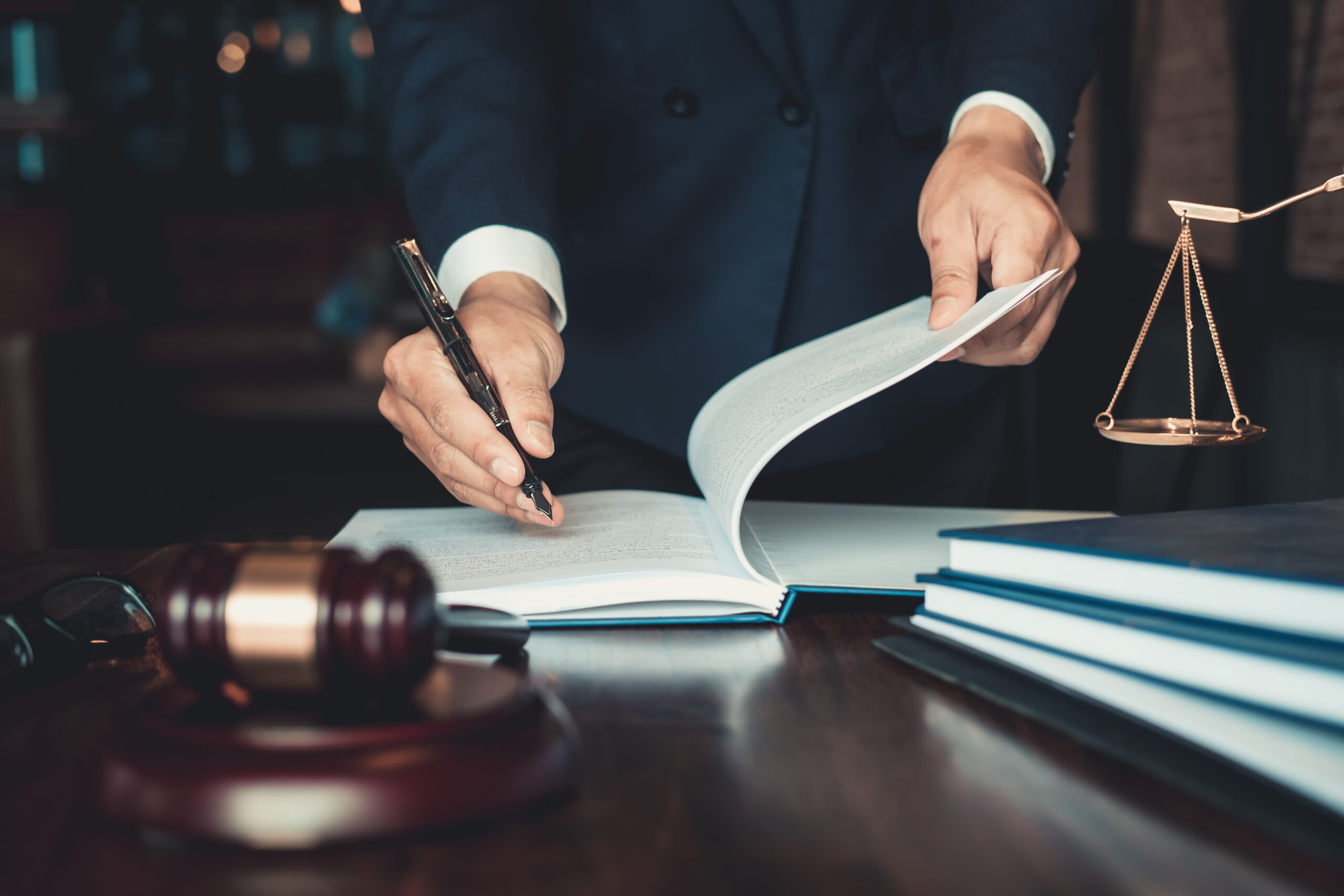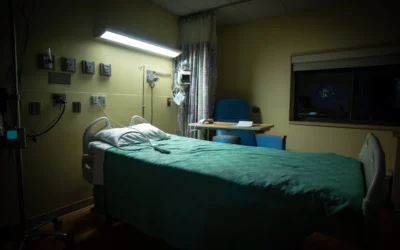In the modern world, we rely on a wide range of products, from cars to household appliances, to enhance our lives. However, when these products have defects that cause harm, the consequences can be devastating. Product liability laws exist to hold manufacturers accountable for defects that lead to personal injuries. Let’s discuss manufacturing defects in detail, including what they are, how they can occur, and how victims can hold manufacturers accountable.
Understanding Product Liability Laws
Product liability laws are designed to protect consumers from unsafe and defective products. Manufacturers, distributors, and sellers are held accountable if their products cause harm due to defects or inadequate warnings. These laws provide a legal avenue for injured individuals to seek compensation for damages resulting from these defects.
Types of Product Defects
Product defects generally fall into three categories: manufacturing defects, design defects, and failure to warn (marketing defects). Defects occur during the production process, resulting in a product that is different from intended specifications and poses a danger to consumers.
Manufacturing defects occur when a product’s design is sound, but an error or deviation during the manufacturing process leads to a dangerous product. These defects can range from a flawed batch of pharmaceuticals to faulty wiring in electronic devices, and even a malfunctioning airbag in a car.
Holding manufacturers Accountable
Manufacturers have a legal obligation to ensure that their products are safe for consumers to use. When a manufacturing defect causes harm, victims can seek compensation through product liability claims. To hold manufacturers accountable, certain key elements need to be established:
- Presence of a Defect: The product must have a defect that was present when it left the manufacturer’s control.
- Unreasonable Danger: The defect must render the product unreasonably dangerous when used as intended.
- Causation: The defect must be the direct cause of the plaintiff’s injuries.
- Foreseeability: Manufacturers should have been able to foresee the risk associated with the defect.
Negligence vs. strict product Liability
In product liability cases involving manufacturing defects, two legal theories are often used: negligence and strict liability. Negligence claims require demonstrating that the manufacturer breached their duty of care, while strict liability does not require proving negligence; rather, it focuses on the dangerous nature of the product itself.
Product Recalls & Manufacturing Defects
When manufacturing defects become evident, manufacturers may issue product recalls to prevent further injuries. These recalls aim to remove defective products from the market and provide consumers with alternatives or repairs. While recalls can mitigate harm, they do not absolve manufacturers of their liability for injuries that have already occurred.
the role of expert witnesses
In manufacturing defect cases, expert witnesses play a crucial role in establishing the defect’s presence, its impact on the product’s safety, and its connection to the plaintiff’s injuries. These experts can range from engineers to medical professionals, providing invaluable insights to the court.
Filing Deadlines for product liability
It’s essential to be aware of the statute of limitations and filing deadlines when pursuing a product liability claim for manufacturing defects. These time limits vary by jurisdiction and can affect your ability to seek compensation.
Manufacturing defects pose a significant risk to consumers, often resulting in personal injuries that have lasting effects. Product liability laws play a crucial role in holding manufacturers accountable for these defects, ensuring that victims have a legal recourse to seek compensation for their injuries, medical expenses, and emotional suffering. By understanding the intricacies of product liability laws and manufacturing defects, consumers can make informed decisions about pursuing legal action and contributing to a safer marketplace for all. Gosdis Law wants to get the compensation that you deserve. To schedule a consultation call 385-429-9960 or email s@gosdis.lawyer today.




